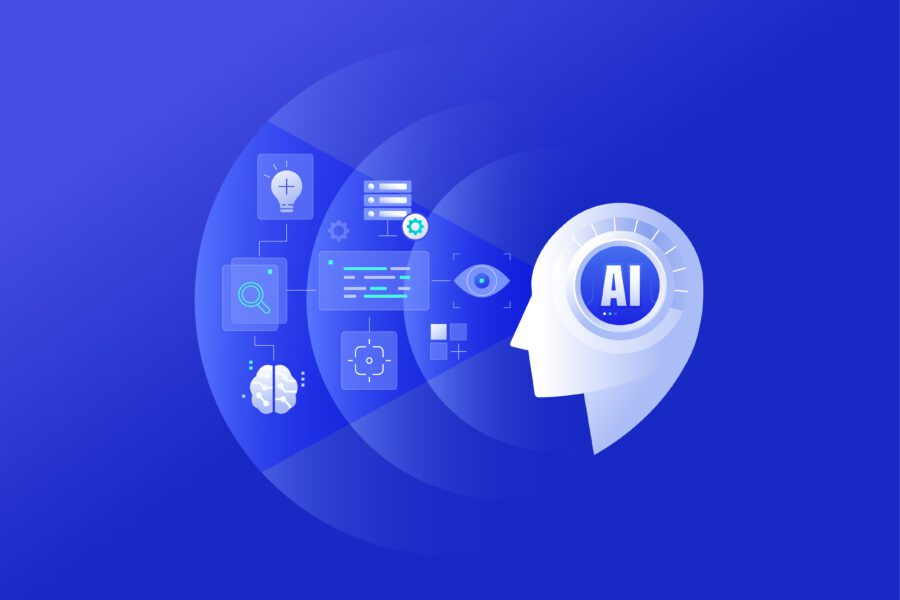
AI Agents: The Future of Data Science?
In a world where technology is continuously advancing at a fast pace, Artificial Intelligence (AI) agents are now starting to reshape the dynamics of some of the most prestigious tech roles – not least data scientists. While it was the norm to have data scientists spend weeks building algorithms to predict customer behavior, the tables are turning with AI agents enabling even non-tech savvy business users to achieve the same results.
The Agentic Era: Are Data Scientists Obsolete?
The AI revolution has ushered in the agentic era, significantly simplifying complex data analysis. These developments may raise questions about whether the role of data scientists is becoming obsolete.
Today, a business user without data science support can craft an AI agent to perform the same job that once required a team of data scientists.
However, it’s essential to understand that while AI agents can process and analyze vast amounts of data efficiently, the human touch of a data scientist is still crucial to accurately interpreting the results and implementing strategies based on the data analysis.
The Long-Term Implications and Future Developments
The integration of AI into data analysis signifies an evolution in the tech industry, and its impact will most likely continue to expand in the coming years. AI agents are expected to become more sophisticated, taking on complex tasks and making highly accurate predictions that could benefit various sectors.
However, this doesn’t necessarily mean data scientists will become redundant. Instead, their roles may shift from coding and technical work to more strategic roles that involve interpreting AI results and making data-driven decisions.
Actionable Advice
Data scientists should see this transformation as an opportunity, not a threat. They should focus on developing their skills further in the context of AI. This includes understanding AI capabilities and limitations, learning how to leverage AI tools effectively, and enhancing their data interpretation skills.
- Recognize the value of AI: AI can save time, optimize processes, and offer new insights. Leveraging these advantages can allow data scientists to focus more on strategic tasks.
- Stay updated with the latest AI tools: Technology is evolving, and so should data scientists. Familiarity with modern AI tools can provide a competitive edge.
- Master data interpretation: While AI can analyze and provide outputs, it’s the job of the data scientist to make sense of these findings. Data interpretation skills will always be key.
- Think Strategically: Insights are worthless if not put into action. Data scientists should think strategically to put their analysis to work effectively.
In conclusion, while AI is undoubtedly making significant strides in data analysis, it doesn’t signal the end for data scientists. Instead, it suggests a new direction where they can leverage AI to excel further in their roles.
